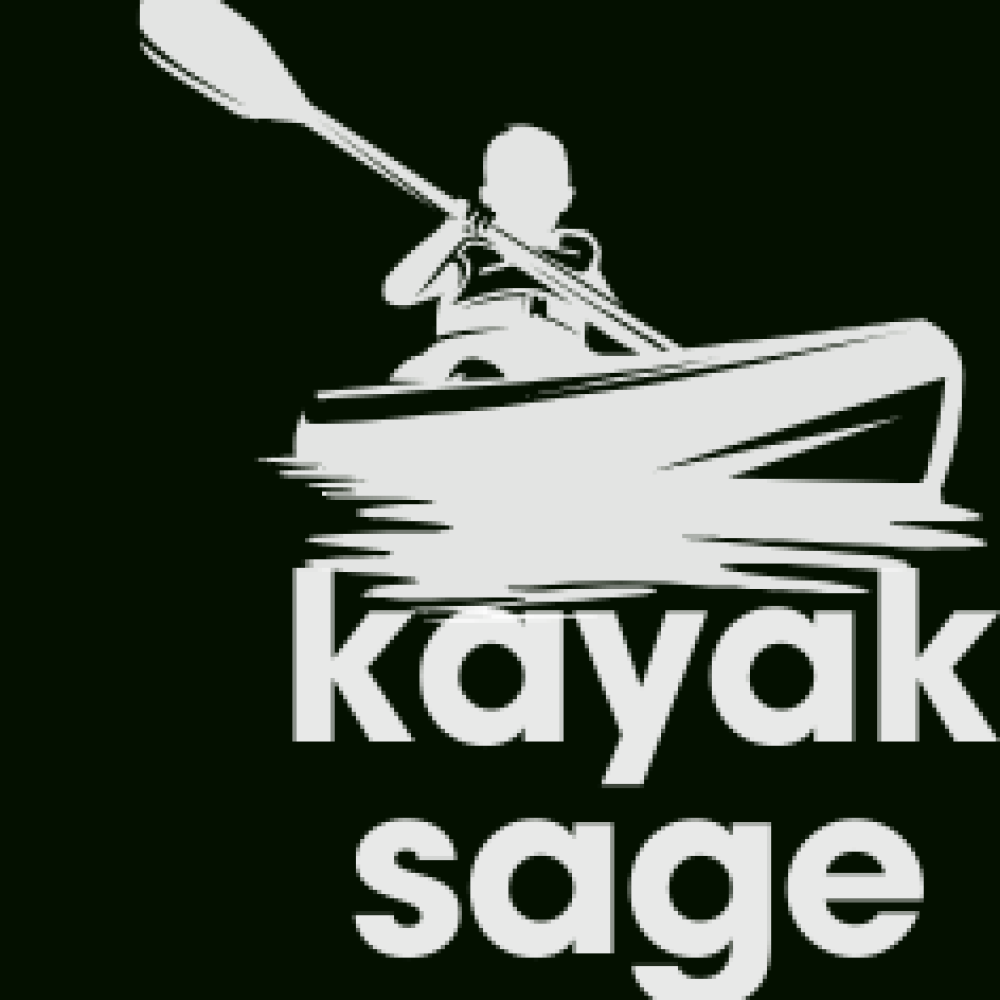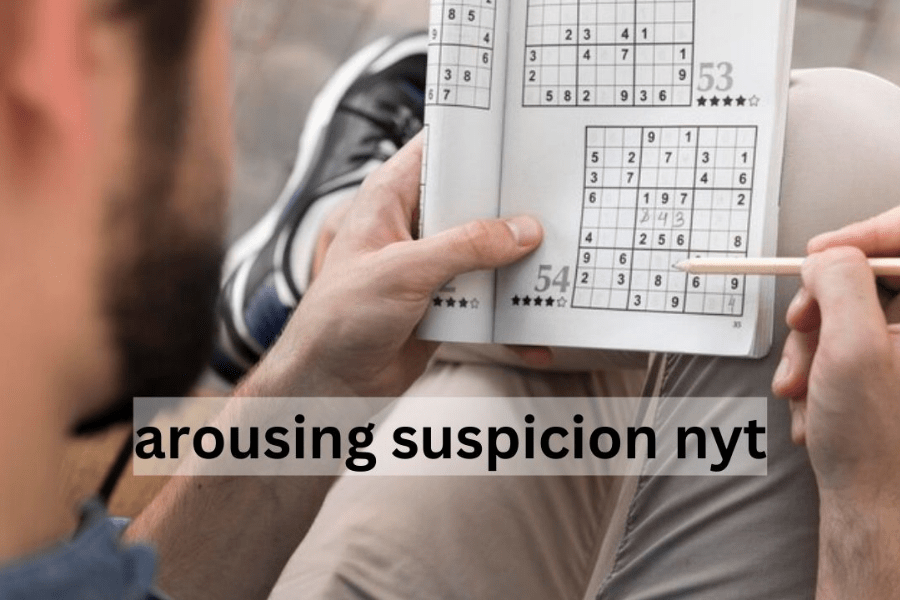Introduction
Crossword puzzles can be a delightful way to unwind—until you encounter a clue like arousing suspicion nyt. If you’ve ever sat with furrowed brows over your Sunday crossword, feeling like the puzzle maker is playing tricks on you, you’re not alone. For avid fans of the New York Times crossword, this phrase can spark both intrigue and frustration.
But why does this clue stand out? What makes it challenging yet rewarding? Let’s explore its nuances, break down its mechanics, and uncover some tips to master this and similar crossword conundrums.
What Does “Arousing Suspicion NYT” Really Mean?
The phrase arousing suspicion nyt is a crossword clue often tied to ideas like doubt, skepticism, or misdirection. When a clue like this pops up, solvers are drawn into a mental maze. It’s not just a straightforward question; it’s a riddle wrapped in ambiguity.
Crossword clues like this aim to test your vocabulary, lateral thinking, and sometimes your ability to recognize puns or double meanings. Arousing suspicion could hint at terms like fishy, shady, or even red flag. The challenge lies in determining which word fits the puzzle’s context, length, and pattern.
Why Crossword Clues Like This Are So Tricky
Unlike regular questions, crossword clues thrive on subtlety. Here’s why arousing suspicion nyt can leave solvers scratching their heads:
- Ambiguity: It could refer to a feeling (fishy), an act (doubt), or even a person (suspect).
- Multiple Answers Fit: Depending on intersecting letters, several words might make sense. For example, sly, odd, or iffy.
- Wordplay: Clues in NYT puzzles often involve clever twists. A simple phrase might disguise its real intent.
If you think about it, the clue mimics life. Isn’t suspicion often built on vague hints, incomplete evidence, and the occasional misread signal?
The Art and Science of Crossword Puzzles
To appreciate why arousing suspicion nyt feels challenging, you need to understand how crossword puzzles are designed. The NYT crossword, revered as the gold standard, is curated with intricate attention to detail.
- Puzzle Themes: Many puzzles revolve around a central idea. If the theme is “mystery,” you can expect clues like arousing suspicion to be central to the experience.
- Grid Constraints: Every answer must interlock seamlessly with others, limiting word choices.
- Difficulty Levels: Early-week puzzles are easier. But by Friday or Saturday? Clues like this are designed to stump even seasoned solvers.
Cracking the Clue: A Step-by-Step Guide
When faced with tricky clues like arousing suspicion nyt, a systematic approach can help:
1. Analyze the Clue Type
Ask yourself: Is it straightforward, cryptic, or pun-based? For arousing suspicion, it leans on descriptive language, often tied to emotions or actions.
2. Count the Letters
The puzzle grid gives you a significant hint—the word length. If the answer is five letters, you can eliminate options like dubious or untrustworthy.
3. Cross-Check
Use intersecting letters from other clues to narrow possibilities. For example, if you already have “S” as the first letter, suspect becomes a strong contender.
4. Consider Synonyms
Think broadly. Terms like dodgy, shady, or odd all convey suspicion but vary in tone.
5. Don’t Overthink
Sometimes, simplicity is key. A clue might sound complex, but the answer could be obvious in hindsight.
Popular Answers for “Arousing Suspicion NYT”
Based on past NYT crosswords, here are some frequent answers tied to arousing suspicion:
| Answer | Definition | Length |
|---|---|---|
| Shady | Dishonest or suspect | 5 |
| Fishy | Suspicious or doubtful | 5 |
| Odd | Strange, unusual, or questionable | 3 |
| Iffy | Uncertain or doubtful | 4 |
Why We Love the Challenge
Part of the charm of crosswords is their ability to make us think. Clues like arousing suspicion nyt remind us that not everything is as it seems. They force us to pause, reflect, and piece together a solution from fragmented hints.
And let’s face it—when you finally solve a tough clue, there’s an unparalleled sense of triumph. It’s like finding the last puzzle piece or finally understanding an inside joke.
Crossword Tips for Beginners
If you’re new to the world of crosswords and find clues like arousing suspicion nyt intimidating, here are some beginner-friendly tips:
- Start Simple: Begin with Monday puzzles, which are generally easier, and work your way up.
- Learn Common Clue Types: Familiarize yourself with abbreviations, puns, and common themes.
- Keep a Dictionary Handy: It’s not cheating; it’s learning!
- Practice Daily: The more puzzles you solve, the better you’ll recognize patterns.
- Join a Community: Many solvers share tips and strategies online.
The Lifelong Benefits of Crossword Puzzles
Beyond the fun, solving crossword puzzles offers several cognitive benefits:
- Boosts Vocabulary: You’ll encounter words you’ve never heard of, expanding your lexicon.
- Sharpens Focus: Crossword solving demands attention to detail.
- Encourages Lateral Thinking: You’ll learn to approach problems from different angles.
- Stress Relief: It’s a meditative, screen-free activity perfect for unwinding.
Final Thoughts
The next time you encounter a clue like arousing suspicion nyt, remember that it’s not just a test of your vocabulary but also your patience and creativity. Approach it with curiosity, treat each clue as a riddle, and enjoy the process.
After all, crosswords are about more than just solving puzzles—they’re about embracing the challenge, celebrating small victories, and letting your mind wander in the most delightful way.
FAQs
What does the clue “arousing suspicion nyt” typically mean?
It usually hints at words like shady, fishy, or suspect, depending on the puzzle’s theme and grid structure.
Why are NYT crossword puzzles so difficult?
The NYT puzzles vary in difficulty throughout the week. Later-week puzzles often involve complex wordplay, ambiguous clues, and fewer straightforward answers.
How can I improve my crossword-solving skills?
Practice regularly, learn common crossword terms, and don’t hesitate to use aids like dictionaries or crossword apps.
Are there tools to help with crossword puzzles?
Yes, websites like Crossword Solver and apps like XWord Info can provide hints or explanations.
What’s the best way to handle ambiguous clues?
Focus on intersecting letters, think of synonyms, and consider the puzzle’s theme for guidance.
Why is solving crosswords considered a brain exercise?
It challenges memory, enhances vocabulary, and requires problem-solving skills, making it a holistic workout for the mind.



